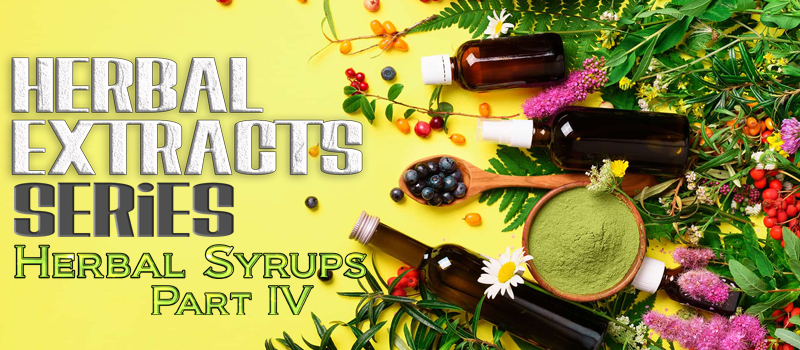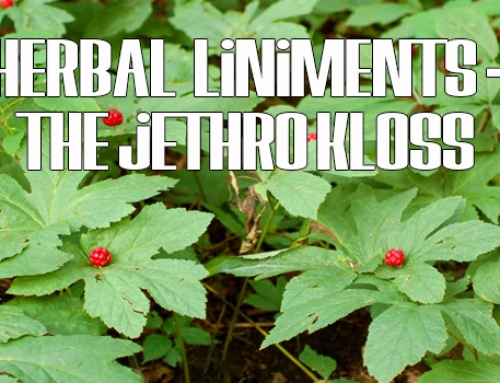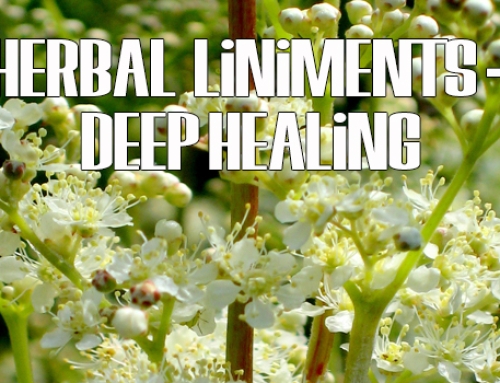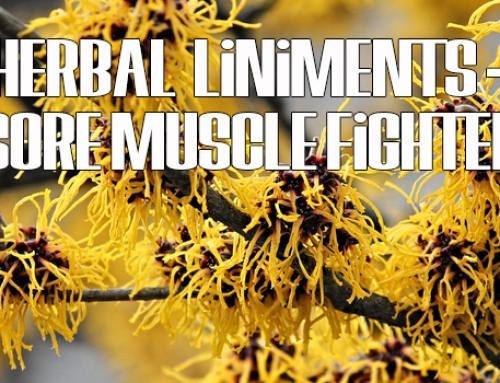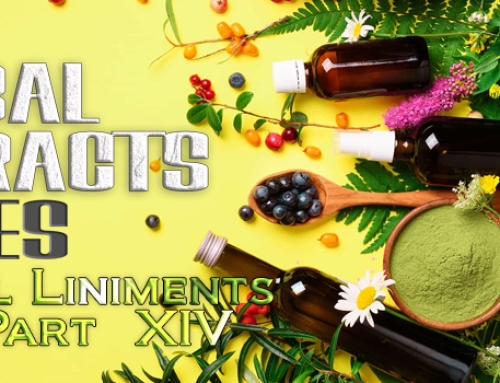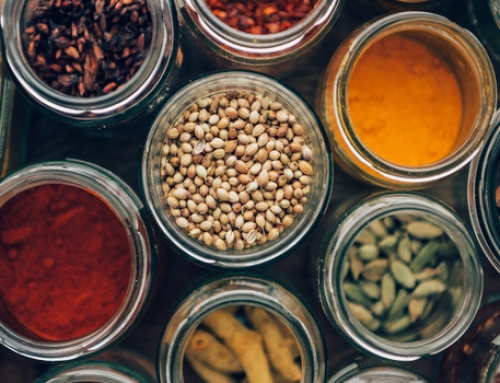What on earth are herbal extracts?
There are certain health promoting compounds that can be found in the plants around us, whether they be wild or cultivated. Herbal extraction is the process of drawing out the therapeutic components of a chosen herb or plant. In many cases, the beneficial compounds we want are tucked away within fibrous material of the plant that is challenging for our digestive systems to fully break down. You can use herbal extracts to help solve this problem by increasing bio-availability.
Each extraction can be singular (one plant or herb and concentrated compound) or there can be a combination of herbs together for a larger desired effect, but most of the time you will see these in a liquid based form ready to be ingested.
The liquid used to extract an herb is called a solvent or the carrier, or in traditional herbal language the menstrum. it is the means by which the wanted compounds can be best introduced to your bodily systems. Common solvents are water, alcohol, vinegar, and glycerin. Each solvent has specific things it’s good . . . and not so good . . . at drawing out, so you use different ones based on the type of herb you’re working with, and the desired effect you want have.
We’ll start with the easiest and most known type of extraction . . .
Herbal Syrups – Part IV
Despite what you might remember when you were a kid and your mom pushed down that awful tasting cough syrup down your throat, it doesn’t have to be that way with your favorite herbal blends for your kids. Herbal syrups are decoctions (long-simmered teas) mixed with a sweetener. Honey is the most common but some people also use maple syrup, molasses or even glycerin.
Syrups have two main benefits:
- They’re meant to be sweet and delicious, easier to get even the most finicky family members on board with taking them
- The sweeteners, like honey, helps extend the shelf life
When my kids were younger, there was at least 3 weeks when school started that everyone was dealing with a sniffle or two. These syrups are designed to support the function of your immune system. However these single herb syrups can be more tightly targeted for certain ailments you or your family run into often, like seasonal allergies, or stomach flu, or such the like.
Syrups can last up to 6 months from the date you create them. If you add a tincture (alcohol or apple cider vinegar based) it can bring that shelf life up to a year. All syrups are designed to be kept in a refrigerated state from boil cooling to pouring it in a spoon.
Here’s a way to think of how you can make the right mixture for your intended syrups:
- Begin with one pint (16 ounces) of decoction
- Reduce the liquid to half its original amount (8 ounces).
- Add an equal amount, by weight, of sugar (8 ounces or 1/2 pound), or half the amount, by weight, of honey (4 ounces or 4 tablespoons).
Important note: Keep in mind that babies under one-year-old should not consume honey, so if you’re planning to use it with a child under one, make sure to use glycerin or maple syrup.
Herbal syrup recipes to try:
Bonus Recipe – Making Gummy Bears from the Herbal Syrups Click Here
In this series you will be able to see and gain recipes for your home apothecary remedies that will become the mainstay in your household. Here’s what you can see and learn more of:
- Teas – Infusions and Decoctions
- Tinctures
- Glycerite
- Herbal Syrups
- Herbal Oils & Salves
- Herbal Vinegars
- Herbal Honeys
- Oxymels
- Distillations
- Elixirs
- Electuaries
- Herbal Soaks
- Compresses & Poultices
- Liniments
Come and join us in bringing back the knowledge known by our ancestors and practiced for the health and benefit of those that came before us!

